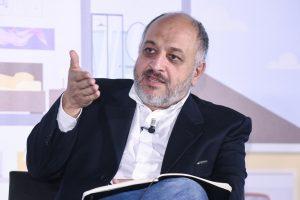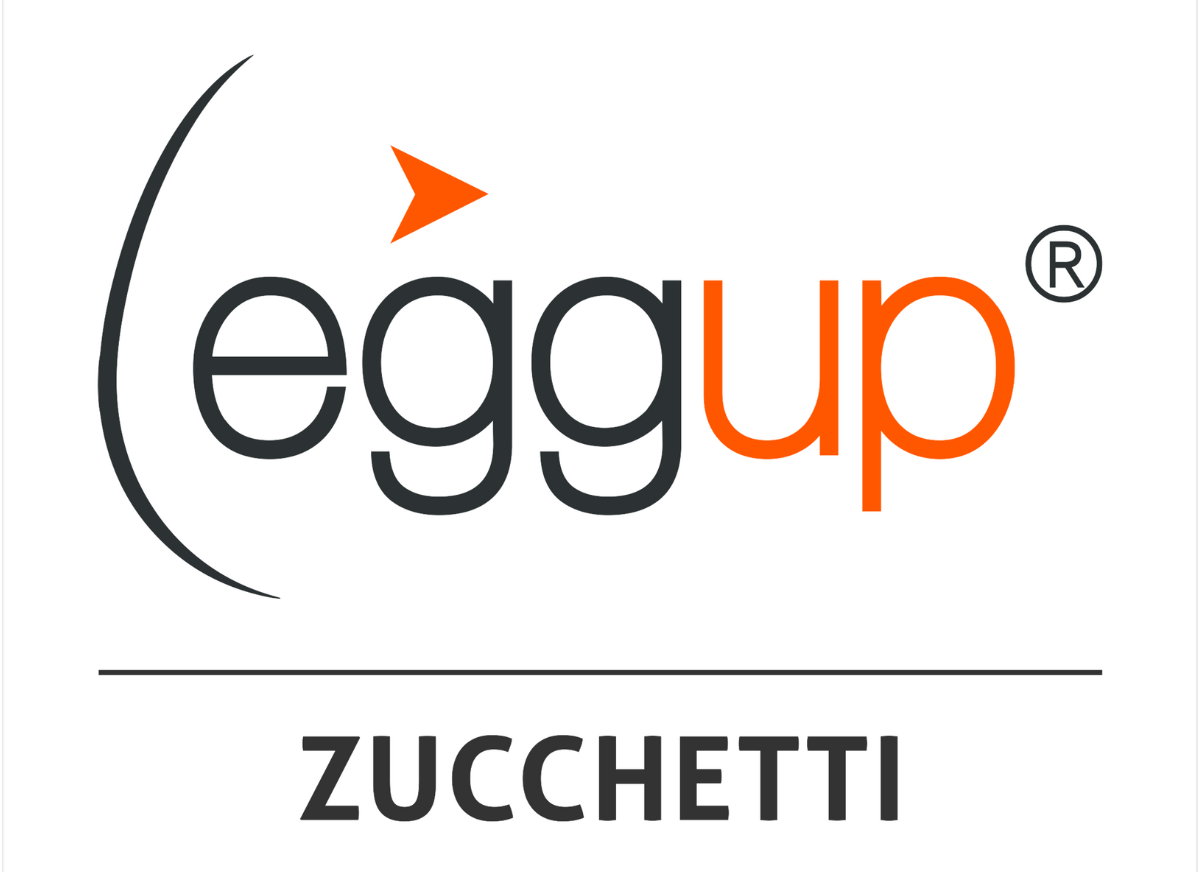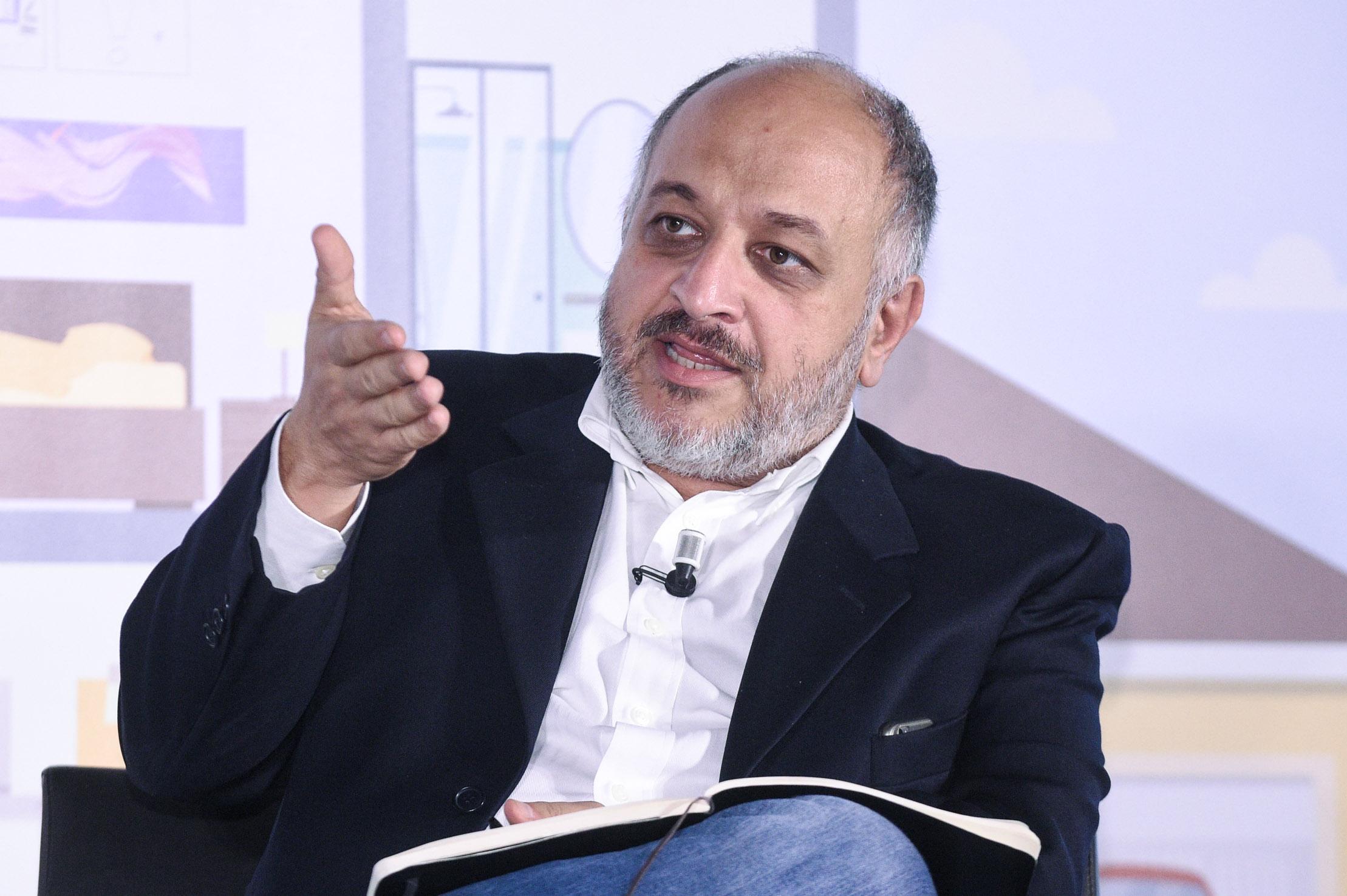Nicola Mattina – Entrepreneur and Investor.

Entrepreneur, communications and management consultant, investor and university lecturer. Nicola Mattina, dedicated to innovation for twenty years, is one of the names in the Italian startup ecosystem that really count. We met him to ask him for his views on technology and human capital, on digital economy and soft skills. And we discovered that you can learn a lot even trying to make and (not) sell ice cream.
Here’s what he told us!
Hello Nicola, let’s start from venture capital and HR technology: what are the potentials of the sector for investors and what can we expect in the next 12-18 months?
It goes without saying that all markets are moving very quickly and, as a result, even companies operating in these markets must be extremely reactive. Which of course, means having a workforce able to cope with change and increasingly new methods to captivate, motivate, train, create loyalty, manage and so on.
In fact, investments in HR tech have grown significantly in recent years. For example, according to data from CB Insights, in 2015, 383 deals were settled for a total of 2.4 billion dollars. The same trend seems to be confirmed at least for the first quarter of 2016, with 106 deals ammounting to a total of 591 million dollars.
Interestingly, among the most active investors, including funds such as A16Z or Khosla Ventures which invest in startups already set to climb, there is also 500 startups, which instead invests in the early stage phase. It’s a sign that the sector is very active and that investments will continue to grow significantly during the year”.
In the Italian startup ecosystem, your name is also linked, among other things, to Stamplay, the platform that allows you to create apps in an intuitive and extremely simple way: on a soft skills level, what have you learned from this experience?
These three years with Stamplay, reminded me that it is always best to be humble, to be a good listener and not to fear a challenge. When we started, I performed the role of CEO and my partner Giuliano Iacobelli held that of CTO: it seemed a fairly natural arrangement also because I am 15 years older than Giuliano. At some point, we realised that this collocation didn’t work well and we decided to change for many reasons. Giuliano became CEO and I remained as co-founder and investor. It was not an entirely smooth transition, but in the end it was the right thing to do.
Later, when doing the EggUp test, I discovered that I give my best when I hold roles as a problem solver or co-worker. In other words, in a team, I have the ability to help people and to study what is the best solution to a problem. But I am not very good at organising work and I tend to procrastinate. Giuliano however, always has a to-do list in front of him.
On your blog you tell us about your passion for ice cream, and how you have tried to turn this passion into a business venture. When reading what you wrote, the feeling is that even here the “soft” part of your business approach, in terms of learning, listening and confrontation with others, had been crucial: is that so?
Absolutely! The nice thing about this job is that it really compels you to learn constantly. You do not have a pre-defined role and a repetitive task: you have to observe, try to understand and invent. And most importantly, you must have someone to work alongside you to compensate when there are things you are not capable of doing.
Nicola Mattina – Entrepreneur and Investor.

Imprenditore, consulente di comunicazione e management, investitore e docente universitario. Nicola Mattina si occupa di innovazione da vent’anni ed è uno dei nomi dell’ecosistema startup italiano che contano per davvero. Lo abbiamo incontrato per chiedergli il suo punto di vista su tech e capitale umano, su economia digitale e soft skills. E abbiamo scoperto che si può imparare molto perfino provando a fare e a (non) vendere il gelato.
Ecco cosa ci ha raccontato!
Ciao Nicola, iniziamo da venture capital e hr tech: quali sono le potenzialità del settore per gli investitori e cosa ci dobbiamo aspettare nei prossimi 12/18 mesi?
È scontato dire che tutti i mercati si muovono molto rapidamente e, di conseguenza, anche le aziende che operano in questi mercati devono essere estremamente reattive. Il che, chiaramente, significa avere una forza lavoro in grado di affrontare il cambiamento e un set sempre nuovo di strumenti per coinvolgere, motivare, formare, fidelizzare, gestire e via di seguito.
Infatti, gli investimenti in HR tech sono cresciuti in modo significativo negli ultimi anni. Per esempio, secondo i dati di CB Insights, nel 2015 sono stati conclusi 383 deal per un totale di 2,4 miliardi di dollari. Lo stesso trend sembra confermato almeno per il primo quarto del 2016, con 106 deal per un totale di 591 milioni di dollari.
È interessante notare che, tra gli investitori più attivi, oltre a fondi come come A16Z o Khosla Ventures che investono in startup ormai pronte a scalare, c’è anche 500 startups, che invece investe nella fase early stage. È un segnale che il settore è molto attivo e che gli investimenti continueranno a crescere in modo significativo nel corso dell’anno.
Nell’ecosistema startup italiano, il tuo nome è legato, tra le tante cose, anche a Stamplay, la piattaforma che permette di realizzare app in modo intuitivo ed estremamente semplificato: a livello di soft skills, cosa hai imparato da questa esperienza?
Questi tre anni con Stamplay, mi hanno ricordato che è sempre bene essere umili, saper ascoltare e non avere paura di mettersi in discussione. Quando abbiamo iniziato, io ricoprivo il ruolo di CEO e il mio socio Giuliano Iacobelli ricopriva quello di CTO: ci era sembrata una suddivisione abbastanza naturale anche perché io ho 15 anni più Giuliano. A un certo punto, ci siamo accorti che la cosa non funzionava bene e abbiamo deciso di cambiare per tanti motivi. Giuliano è diventato CEO e io sono rimasto come co-founder e investitore. Non è stato un passaggio completamente indolore, ma alla fine è stata la cosa giusta da fare.
Più tardi, facendo il test di EggUp, ho scoperto che do il meglio di me quando ricopro ruoli come problem solver o co-worker. In altri termini, in un team, ho la capacità di aiutare le persone e di studiare qual è la soluzione migliore a un problema. Ma non sono bravissimo a organizzare il lavoro e tendo a procrastinare. Giuliano, invece, sta sempre con una to-do list davanti.
Sul tuo blog racconti della tua passione per il gelato, e di come tu abbia cercato di trasformare questa passione in un’avventura imprenditoriale. La sensazione, leggendo quello che hai scritto, è che anche qui la parte “soft” dell’approccio imprenditoriale, in termini di apprendimento, ascolto e confronto con gli altri, sia stata determinante: è così?
Assolutamente sì. La cosa bella di questo mestiere è proprio che ti costringe a imparare continuamente. Non hai un ruolo pre-definito e un’attività da ripetere: devi osservare, cercare di capire e inventare. E, soprattutto, devi avere qualcuno che ti affianchi e compensi quello che tu non sai fare.


